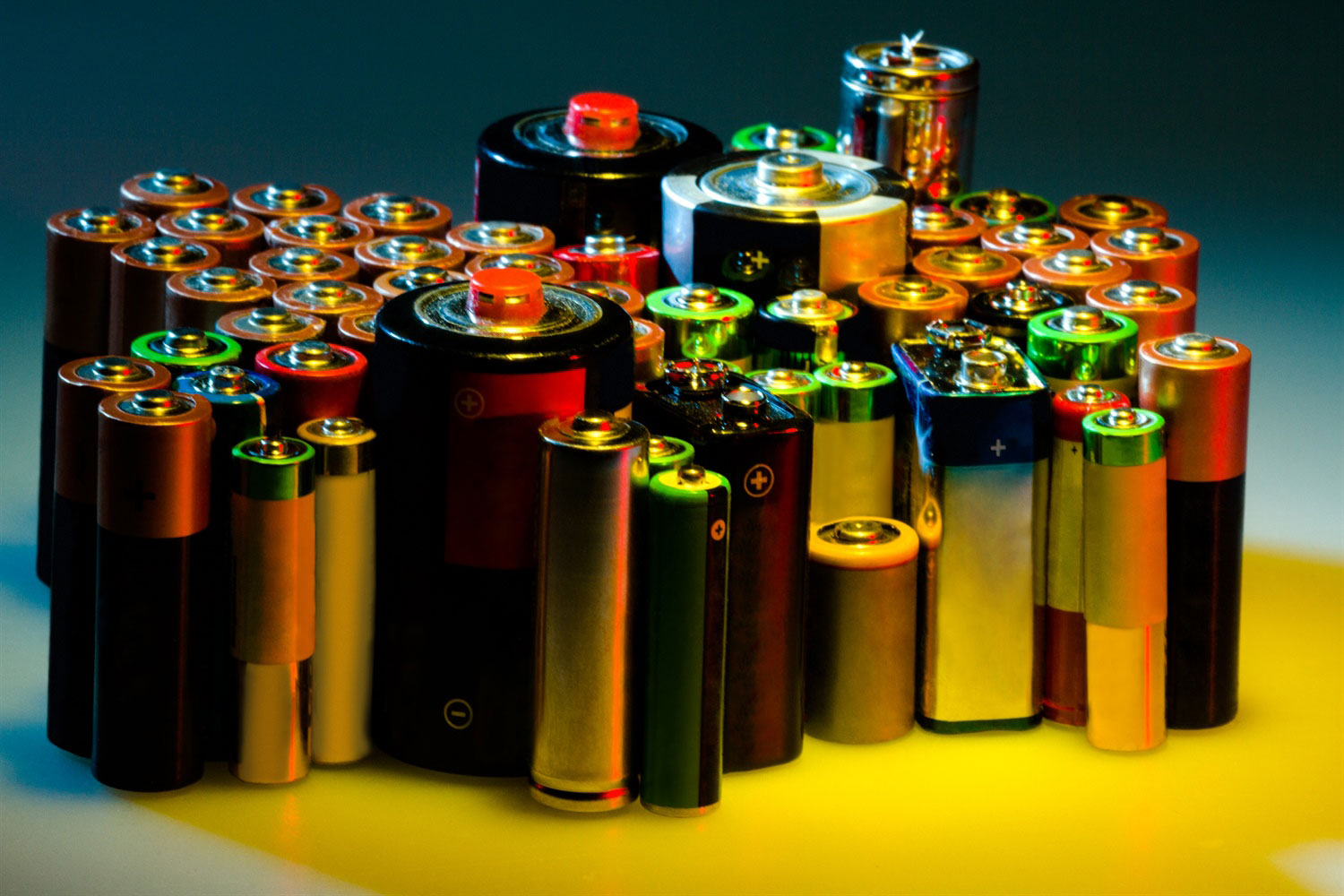Can Lithium Ion Batteries be Recycled in Canada

Lithium ion batteries exists in electric vehicles, smartphone batteries, and in many consumer products. Global demand for lithium ion batteries has never been higher, with shortages experienced for electric vehicles and phone batteries.
Earlier this year, the US government announced it was launching a new lithium ion battery recycling program. It is the hope that lithium ion batteries can be recycled from smartphones, electric vehicles, and other sources to help fill the void in supply. As demand is high and supply remains strained, batteries continue to rise in price. To turn the tide, the government is overseeing efforts to gather metals crucial to battery production and in anticipation of a potential massive shortage, according to recent documents from the US Department of Energy.
Should Canada be doing the same – well, we think so. China and other countries are where the majority of lithium ion batteries are manufactured and/or processes. Even lithium ion batteries which have been returned usually eventually end up back in China and other nations. Canada relies on these nations to help filter in supplies of lithium, cobalt, nickel, and graphite, as well as batteries. It’s this dependence which leaves us exposed in the event of international disputes, supply chain issues, or worse. Unfortunately, Canada has to maintain this dependence as we do not have the facilities nor the resources here to produce our own lithium ion batteries.
Lithium saults are derived only from select regions of the world, including South America, Africa, and parts of Australia. US and Canada’s relationship with China is evidently very strained right now. China’s been aggressively recycling metals to recover their value which would otherwise have to be imported. Part of why Canada needs to begin engaging in lithium ion battery production is for this reason. We should not be dependent on other nations to supply such a product which is used everyday by Canadians far and wide, predominantly on their smartphones.
Another reason to engage in an initiative like this is that the demand for lithium ion batteries domestically and internationally is rising. Electric car manufacturing is going to take things up a notch in the next decade. As electric cars reach the end of their lives, there’s still lithium ion batteries to collect and handle. We currently do not have a way to do so in Canada. Thereby, we must find a way to recover these materials and re-manufacture them domestically without having to send them to another country to do so.
According to a recent study by the US Department of Energy, if North America does not begin lithium ion battery recycling, materials will run out. Recycling is an effort to minimize that risk. Complimentary to these efforts, facilities must be built domestically to collect, process, and re-manufacture. In 2018, globally, 100,000 metric tons of lithium ion batteries were recycled. In addition to the lithium ion recovered, cobalt in these batteries accounted for 20 percent of the world’s market for the metal. There is significant economic potential to these batteries which cannot be ignored any longer.
Core Mini Bins is a Toronto waste management and recycling company specializing in waste diversion. If you’re in need of waste management services in the GTA, please speak with a representative today. We would be happy to analyze your waste needs, assign a solution, and provide a quote.


